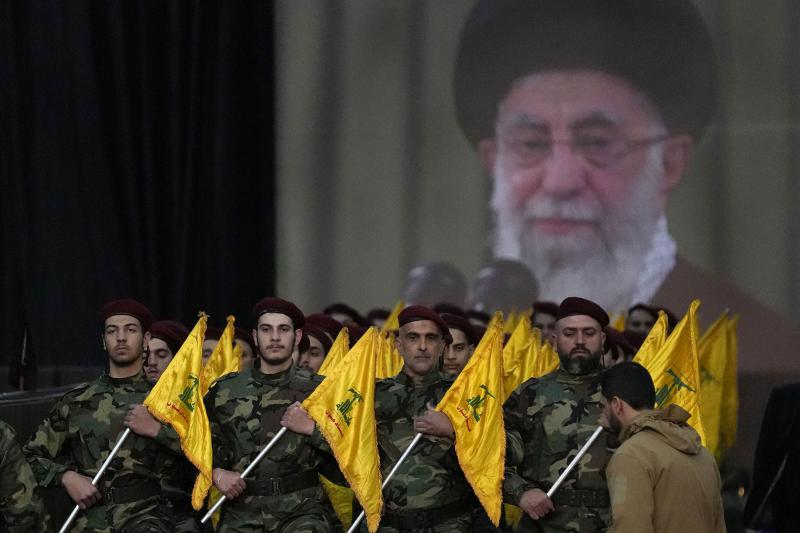The Lebanese government has agreed to a US-backed plan to disarm Hezbollah by the end of 2025. This is a big step in a long-running and controversial subject. The cabinet told the Lebanese army to come up with a precise plan to put all weapons under state control. As part of this plan, Israel would pull back from some areas in southern Lebanon. Hezbollah will have to get rid of its heavier weaponry (including missiles and drones). There will be demilitarized zones that are watched over by the world.
But Hezbollah and its allies have vigorously opposed the plan. They called the government’s action to disarm Hezbollah a “grave sin” and “a serious transgression,” saying it hurts Lebanon’s security and helps Israel. The group says it will keep its weapons as an essential defense against Israeli aggression. They will not agree to any disarmament schedule as long as Israel is occupying Lebanese land or breaking ceasefire accords. Ministers from Hezbollah and other Shiite groups have not been going to cabinet meetings to talk about the idea.

Lebanon’s officials support the idea:
Officials in Lebanon who favor the idea say it is a historic and final decision that is necessary to restore state authority, national security, and political stability during Lebanon’s economic crisis. President Joseph Aoun recognized the complex sectarian dynamics but emphasized the need for political agreement. He emphasized security changes to preserve Lebanon’s stability. Prime Minister Nawaf Salam stressed the need for the state to monopolize arms possession. The US and other countries, such as France, Saudi Arabia, and Qatar, support the idea to disarm Hezbollah.
Lebanon’s government is working hard to limit Hezbollah’s arsenal by the end of 2025 through a phased disarmament strategy supported by the United States and its allies. Hezbollah, on the other hand, is determined to keep its military strength because it sees disarmament as a danger to Lebanese security and sovereignty. The topic is still very divisive in Lebanon, which is a reflection of larger regional rivalry and Lebanon’s complicated internal sectarian balance.
Hezbollah rejects the idea:
Hezbollah has vigorously opposed the Lebanese government’s plan to disarm Hezbollah. Naim Qassem, the Secretary-General of Hezbollah, said that the party will not agree to any disarmament schedule as long as Israel is still occupying Lebanese land and breaking the ceasefire. He stressed that disarmament is a question of national security that is linked to protecting Lebanon from Israeli aggression, not only an internal issue. He also asked for a discussion of military strategy that is not influenced by outside forces. Ministers from Hezbollah and other Shiite groups have protested by not attending cabinet sessions about the plan. This shows that there is a lot of political resistance in Lebanon. The group says it will keep its weapons as long as Israel keeps attacking Lebanon, which it says is necessary for the country’s protection.








